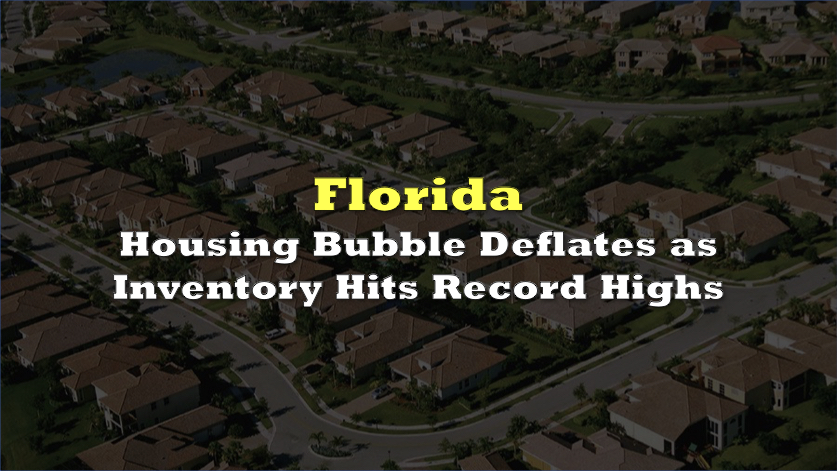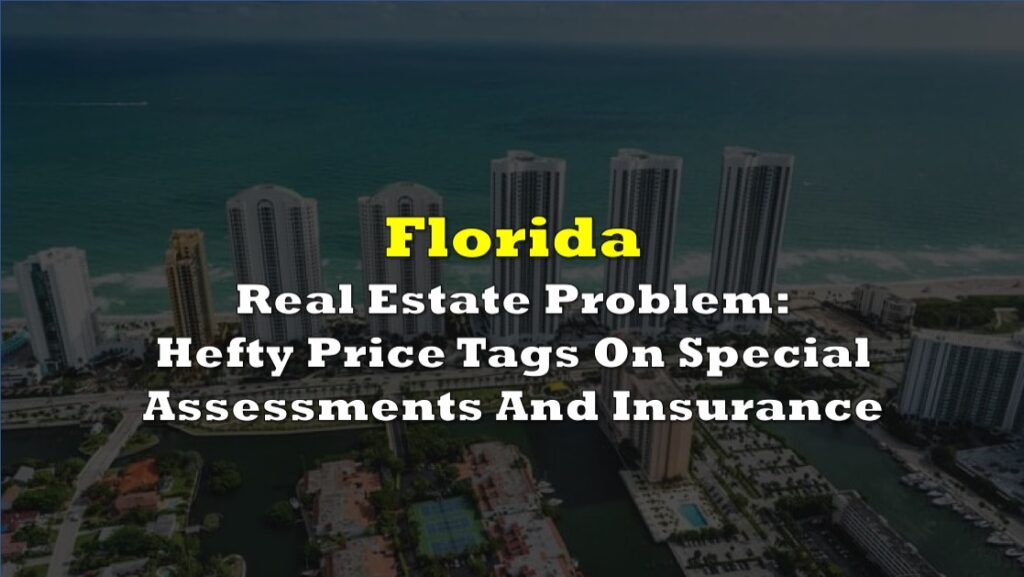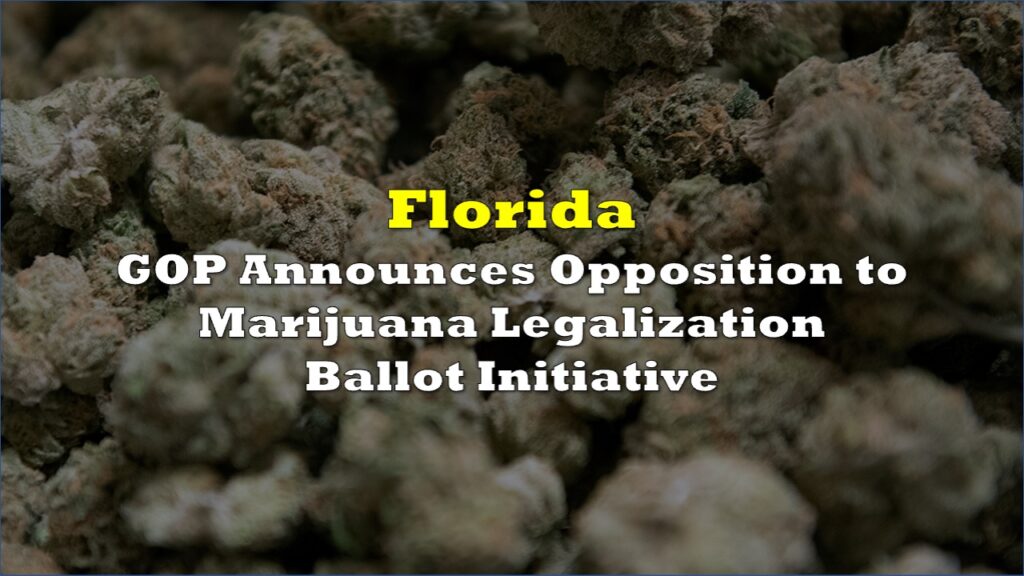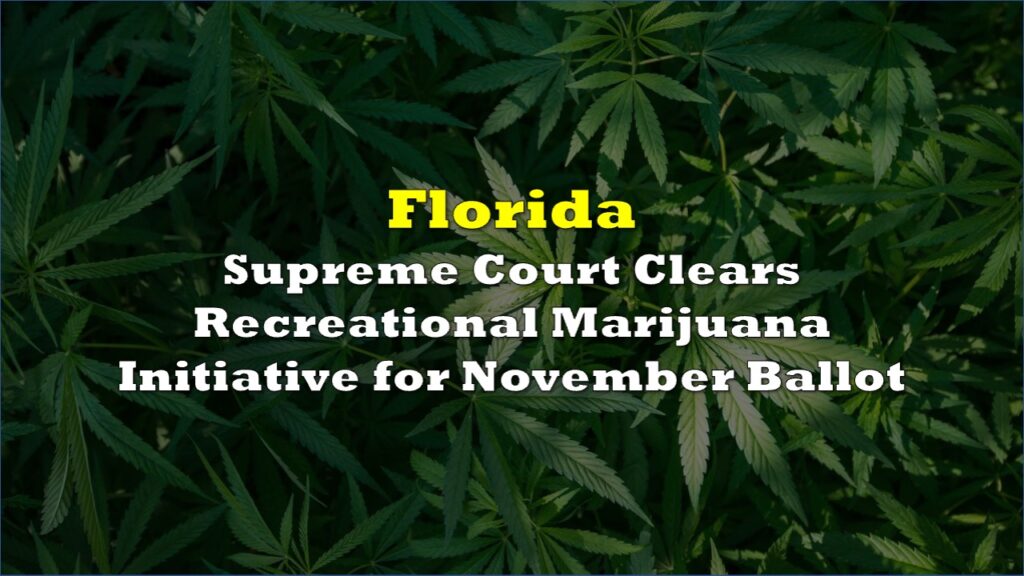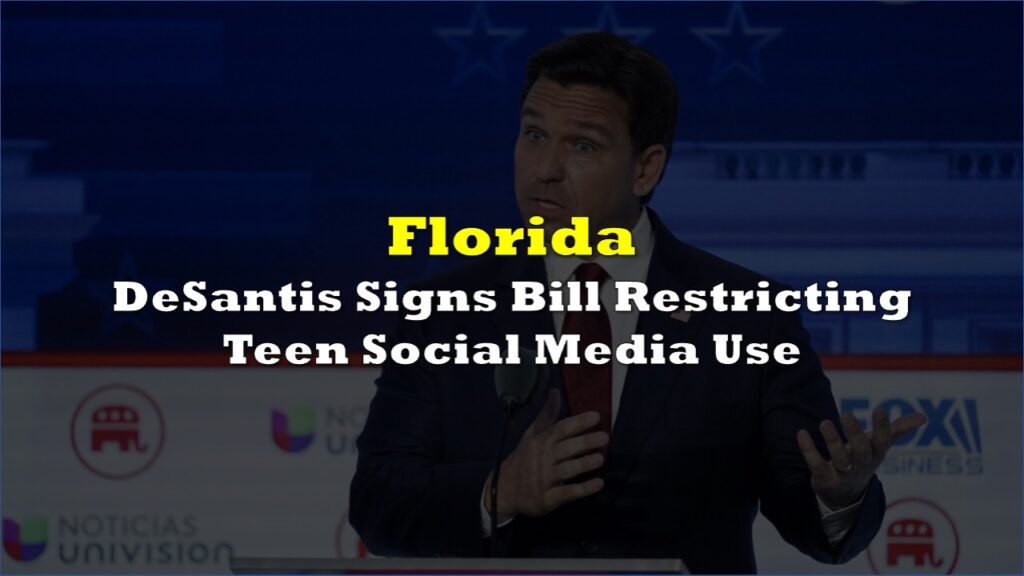Florida’s housing market is seemingly reversing course, with rising inventory, waning demand, and deteriorating affordability pointing to a prolonged downturn. Active resale listings in the state have surged to a record 177,000 as of March 2025, eclipsing the entire Northeast US combined, which holds just 79,000 listings—its lowest on record, according to Realtor.com data.
This ballooning supply starkly contrasts with falling demand. Net domestic migration into Florida has plunged 80% from its pandemic peak, collapsing from 328,000 in 2021 to just 64,000 in 2024—the fifth-lowest level in over three decades.
“The true reality could be that Florida is now entering the downcycle of inbound migration, and that downcycle will last for years,” said housing analyst Nick Gerli.
I don't think people understand what's happening in housing market right now.
— Nick Gerli (@nickgerli1) May 1, 2025
Florida now has 177,00 listings. Highest level on record.
Entire Northeast U.S. has 79,000 listings. Lowest level on record.
People are leaving Florida. And moving back north. A structural trend that… pic.twitter.com/NYAJ9jN0Hp
Affordability constraints complicate the situation as Florida buyers now spend 39% of their gross income on mortgage-related costs, the highest since the 2006-07 bubble and far above the long-term average of 27%.
Despite the state’s median home value of $392,921, Florida saw a 2.4% decline in home values year-over-year through March 2025. This contrasts with states like New York (up 5.9%), Kentucky (up 7.0%), and West Virginia (up 6.4%), where tight inventory and limited new construction have pushed prices upward.
Critically, Florida’s housing market is being hit from both sides—too much supply, and not enough demand. The state is no longer benefiting from inbound migration or investor enthusiasm.
“This is just the start of declines in Florida,” Gerli noted, projecting a further 5% drop over the next 12 months and cautioning that elevated inventory and waning migration could suppress prices for years.
The situation draws eerie parallels to the 2008 housing bust, when Florida’s overbuilt market crashed after demand dried up.
Information for this briefing was found via the sources mentioned. The author has no securities or affiliations related to this organization. Not a recommendation to buy or sell. Always do additional research and consult a professional before purchasing a security. The author holds no licenses.

